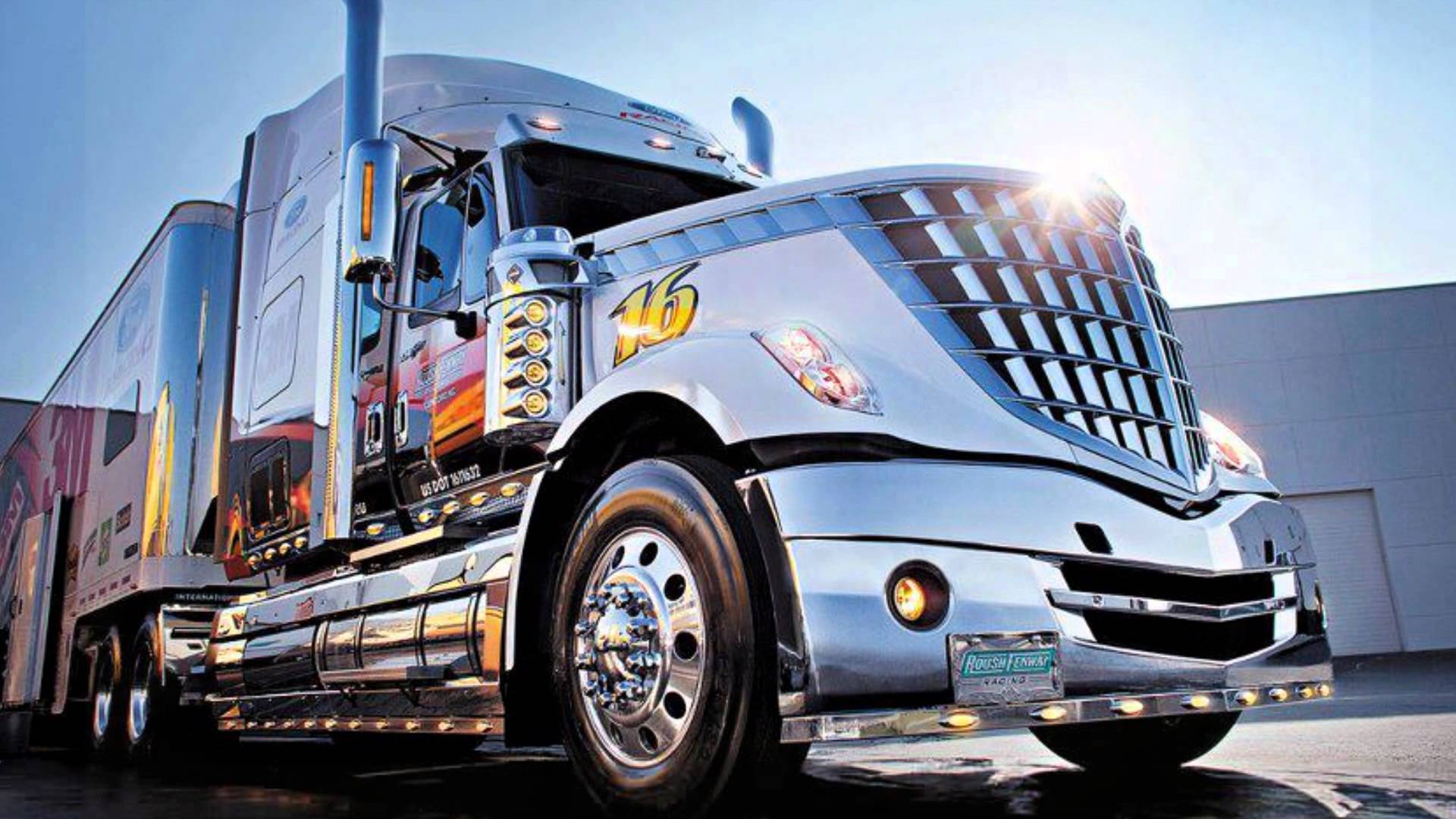Truck or commercial truck insurance is one of the best assurances that a truck owner or operator has to ensure financial security when accidents occur. There a numerous insurance providers offering big rig commercial truck insurance for truck owners and fleet operators. Not sure if you should get this type of insurance? Read on before you decide.
Reasons to Choose Big Rig Insurance
Types of Commercial Truck Insurance
Trucking insurance companies offer the following types of coverage which are suitable for big rigs and commercial trucking fleets:
- –primary liability
- –physical damage
- –trucking cargo
- –occupational accidents
- –workers compensation insurance
- –general liability
What types of vehicles should be covered by big rig insurance?
This type of insurance offers suitable coverage for vehicles such as athlete buses, bookmobiles, bingo/ casino transportation, catering trucks, cement mixers, church and school buses, courier buses, dump buses, driver training vehicles, fire department vehicles, funeral hearses, grain haulers, moving trucks and vans, to name a few.
Who should get big rig insurance?
Big rig insurance is suitable for the following:
- –owners and operators of commercial trucking fleets–operators for local, intermediate and long-haul trucking operations
- –container hauling operators
- –agricultural haulers
- –operators of other specialized trucking services
Why Get Big Rig Insurance
Many states require insurance for all sorts of vehicles, including big rig vehicles. Risk managers also require for-hire truckers to have insurance before they can get a contract for a trucking job. Insurance such as general liability pays for any damage or injury sustained as a result of activities not directly related to the operation of the truck. General liability typical answers for any physical injury, property damage, advertising injury liability, and damage to rented premises.
Truckers may also be required to get trucking liability insurance to be allowed to stay on the road. This is the minimum insurance needed to be able to operate a big rig operation and is often the costliest aspect of any trucking insurance policy. This type of insurance will answer for any damage to persons or properties in the course of driving the truck. Amount of premiums will depend on the kind of truck and the cargo being transported. The minimum if $75,000, but mos shippers will require up to $1,000,000 worth of coverage. Haulers of hazardous materials such as gasoline and other dangerous chemicals may be required to carry up to $5,000,000.
You also need to be covered for other things that do not occur on the road. Damage to fire, theft, and other disasters require coverage which can be provided by comprehensive coverage.
Where to Get Big Rig Insurance
Get big rig insurance from companies that specialize in providing coverage to commercial vehicles and fleets. These companies are more likely to be able to give you wider options for coverage. Bigger insurance providers will likely assign you to a specialist who can analyze your business and recommend the best coverage options based on the evaluation. Most insurance providers also provide flexible coverage that you can covert or upgrade according to the needs of your business. Make sure to ask for this feature so your coverage stays current and able to respond to the demands of your growing business.
